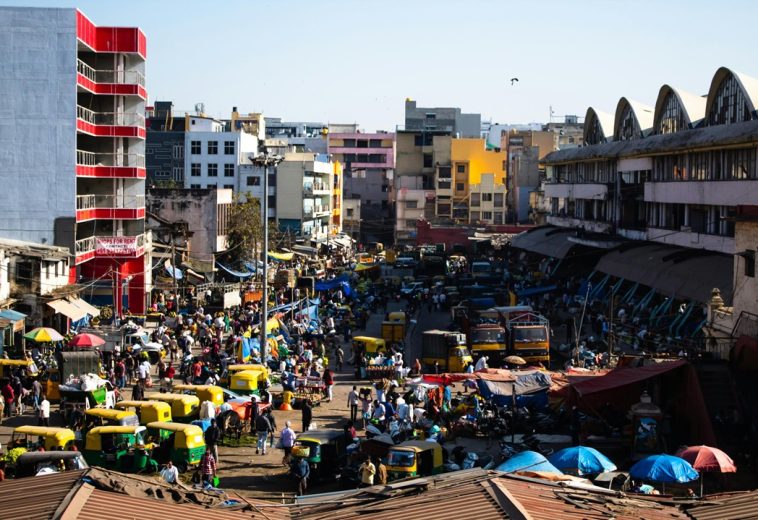Burkina Faso has taken a significant step towards economic independence with the inauguration of the Société Industrielle Sino-Burkina de Ciments SA (CISINOB SA) cement plant in Laongo, Plateau-Central region. This facility, with a production capacity of 2,000 tonnes per day, is more than just a new source of employment; it symbolises Burkina Faso’s commitment to controlling its resources and forging self-reliant pathways for economic development.
With the potential to create hundreds of jobs for the nation’s youth, this cement plant stands as a testament to the collaborative efforts between Burkina Faso and China, marking a pivotal shift in the West African country’s approach to international partnerships.
READ ALSO: Can Africa Leverage Dangote’s Cement Expansion to Compete Globally?
The significance of Burkina Faso controlling its resources cannot be overstated. For too long, African nations have been subjected to economic policies dictated by Western powers, often leading to the exploitation of their natural wealth without substantial benefits to local populations. By fostering partnerships with non-Western nations such as China, Burkina Faso seeks to cultivate genuine relationships that respect its sovereignty and prioritise economic growth.
The CISINOB SA plant exemplifies this strategic shift. At the inauguration, Captain Ibrahim Traoré, the interim military president, emphasised the nation’s commitment to partnerships that uphold Burkina Faso’s autonomy. Such initiatives reflect a growing sense of national pride and enhance economic resilience against external pressures.
Partnerships with major economic powers like China offer numerous advantages for Africa. They can facilitate technology transfer, infrastructure development and job creation, all of which are essential for the continent’s economic growth and sustainability. Strengthening ties with alternative partners also helps diversify Africa’s economic relationships, reducing dependence on traditional Western markets.
However, challenges persist, including the risk of debt dependency, neocolonial dynamics, and discrepancies in labour and environmental standards. To navigate these complexities, African nations must prioritise transparent negotiations, equitable investment agreements and the establishment of robust regulatory frameworks to safeguard their interests.
Looking ahead, the future for Burkina Faso and other African nations appears promising, yet demands careful management. The successful operation of the CISINOB SA plant will serve as a crucial test of Burkina Faso’s strategy for economic sovereignty through strategic partnerships. If managed effectively, it could catalyse a broader movement across the continent, where nations leverage their resources and forge equitable partnerships that challenge traditional economic dynamics.
By emphasising self-reliance while encouraging foreign investment that prioritises local benefits, Africa has the opportunity to reshape its economic landscape into one marked by growth, autonomy and shared prosperity. Ultimately, Burkina Faso’s actions will resonate across Africa, inspiring a united path towards sustainable development and economic empowerment.




